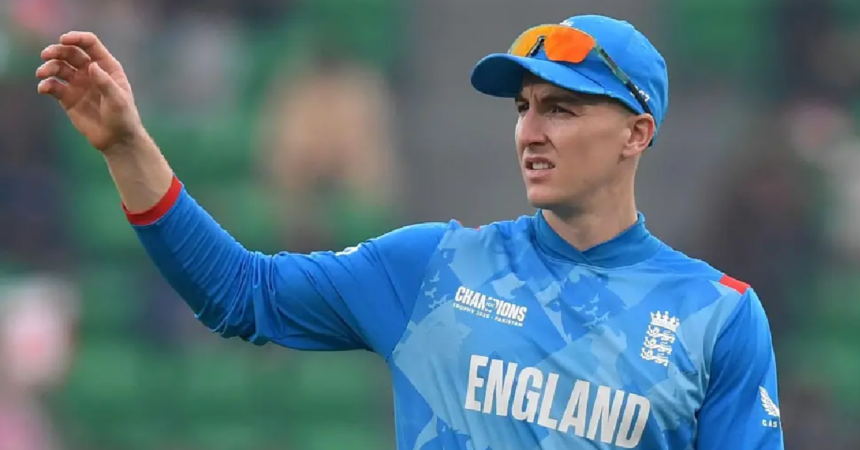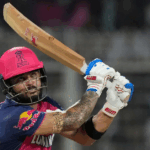England Name Harry Brook ODI & T20I Captain: The England and Wales Cricket Board (ECB) confirmed Harry Brook as England’s new white-ball captain on Monday, April 7, marking a generational shift in leadership following Jos Buttler’s departure after the 2025 Champions Trophy. The 26-year-old Yorkshireman, long seen as a future leader, now faces the challenge of revitalizing England’s flagging limited-overs fortunes.
Brook’s appointment completes a remarkable journey from the village greens of Burley-in-Wharfedale to the pinnacle of English cricket. “Ever since I was a kid, I dreamed of representing Yorkshire, playing for England, and maybe one day leading the team,” Brook said in an emotional statement. The batting prodigy, who made his international debut just three years ago, paid tribute to the family and coaches who shaped his career, acknowledging, “I wouldn’t be in this position without them.”
The ECB’s decision caps months of deliberation about England’s leadership direction. While some advocated for Test captain Ben Stokes to extend his partnership with Brendon McCullum into white-ball cricket, selectors ultimately backed Brook’s potential. His previous experience captaining in Buttler’s absence during last year’s ODI series against Australia proved decisive. Rob Key, ECB’s Managing Director of Cricket, highlighted Brook’s “excellent cricketing brain” and clear vision for taking England back to the top of world cricket.
England’s white-ball teams have endured a dramatic decline since their 2019 World Cup triumph, with disappointing performances in three consecutive ICC tournaments. The situation reached crisis point in early 2025 as England lost 10 of 11 matches, hastening the leadership transition. Brook inherits a squad in transition, with McCullum now overseeing all formats as head coach.
Read also: https://icasportsplus.com/mi-bottle-yet-another-chase-despite-hardik-pandya-brutal-blitz/
Despite his relative youth, Brook brings considerable experience, having been part of England’s 2022 T20 World Cup-winning squad and established himself as a three-format mainstay. His first test as permanent captain comes in late May with a home series against West Indies, offering an immediate opportunity to stamp his authority on the role.
As English cricket turns the page on one era, Brook represents both continuity and change – a product of the system who now must reshape it. His ability to translate his batting brilliance into inspirational leadership could determine whether England’s white-ball teams regain their former glory. With World Cups looming in both formats over the next three years, Brook’s captaincy journey begins at a pivotal moment for English cricket.







